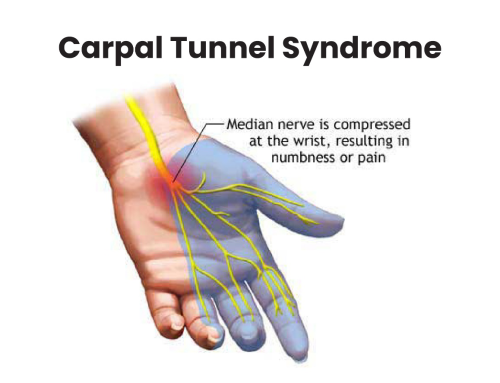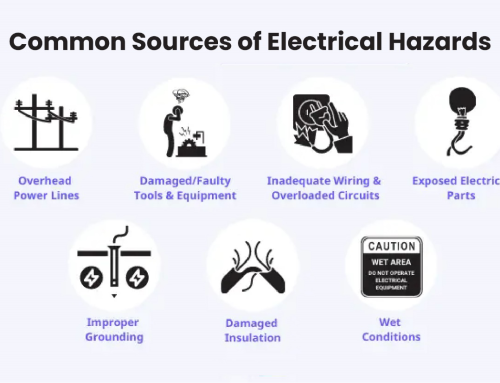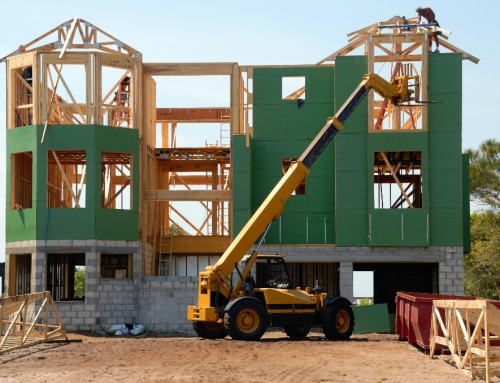Working in the forestry industry demands a unique set of skills and preparedness, especially when operating in wild and remote terrains. Loggers and individuals in similar professions face specific challenges that require tailored first-aid training.
In this comprehensive guide, we will delve into the crucial steps of forestry first aid with OFA 2, one of the best first aid courses available to those employed in heavy-duty industries, including the forestry industry, across British Columbia.
1. Scene Assessment
In the vast and challenging landscapes of forestry work, a thorough scene assessment is a foundational step for effective first aid. OFA 2equips forestry professionals with the skills to swiftly evaluate their surroundings, emphasizing the identification of potential hazards.
This skill not only ensures the safety of the victim but also shields the first responder from potential dangers. From evaluating terrain conditions to recognizing potential threats, the emphasis on scene assessment lays the groundwork for strategic and secure emergency response in the unpredictable wild.
2. Immediate Response to Unresponsive Patients
OFA 2 recognizes the critical importance of swift responses to unresponsive patients, particularly in the isolated expanses of the wilderness, where professional medical help might be distant. This training goes beyond standard first aid, delving into cardiopulmonary resuscitation (CPR).
Forestry workers trained in OFA 2 gain a crucial skill set, empowering them to initiate CPR confidently. This training is a lifeline, bridging the gap between an emergency and professional medical assistance and potentially making the difference between life and tragedy in the vastness of the wild.
3. Handling Self-Ambulatory Walk-in Patients
Forestry professionals often operate in locations where immediate professional medical help isn’t readily accessible. OFA 2 addresses this reality by imparting skills to manage self-ambulatory walk-in patients effectively. This includes addressing injuries sustained during a fall and providing initial care for those who can still move.
This aspect of the training ensures that workers can act decisively, even in the absence of immediate professional medical assistance, underscoring the self-reliance required in remote work environments.
4. Managing Minor Wounds
A critical aspect of forestry first aid with OFA 2 is learning to deliver comprehensive first aid to treat minor wounds in the wild, as even small scrapes and cuts can quickly escalate into significant concerns in this environment.
This wound care goes beyond the basics of cleaning and dressing wounds, providing insights into infection prevention specific to the challenges posed by remote environments. Forestry workers learn not only how to address immediate concerns but also how to prevent complications, preserving health and well-being amidst the unpredictable conditions of the wilderness.
5. Addressing Remote Site Injuries (RSI)
Forestry settings present a unique array of risks, leading to injuries that demand specialized attention. OFA 2 offers a tailored understanding of Remote Site Injuries (RSI). From injuries resulting from equipment use to those caused by environmental factors, forestry workers gain insights into recognizing, responding to, and managing RSIs.
This specific focus ensures that the first aid provided is not just timely but precisely targeted to the challenges encountered in wild terrains, enhancing the overall safety and well-being of forestry professionals.
6. Burn Management
In the forestry sector, burns can result from various sources, such as equipment operation and encounters with hazardous materials. OFA 2’s burn management training goes beyond basic first aid. Workers are not only taught to identify burn severity but also to implement the latest techniques in wound care, emphasizing the importance of cooling burns promptly and protecting against infection.
Learning burn management is yet another crucial element of forestry first aid with OFA 2, which becomes especially relevant in areas where immediate medical assistance is not readily available.
7. Handling Upper Limb Fractures/Dislocations
Working with heavy machinery and navigating challenging terrains put forestry professionals at risk of upper limb injuries. OFA 2 addresses these specific risks by providing in-depth training on recognizing and managing fractures or dislocations in the upper limbs.
The focus is on immediate stabilization and assessing the need for more advanced medical attention. Real-world scenarios and practical exercises ensure that workers gain the skills needed to respond effectively in the demanding conditions of the forestry industry.
8. Critical Interventions
Forestry professionals often operate in isolated areas where immediate medical help may be hours away. OFA 2 acknowledges this reality and trains workers in critical interventions tailored to the challenges of remote locations.
This goes beyond conventional first aid, preparing workers to identify life-threatening situations unique to forestry work. From severe bleeding to traumatic injuries, the course emphasizes the importance of swift and precise actions that can be the difference between life and death in the wilderness.
9. Airway Management Techniques
Maintaining an open airway is paramount in forestry environments where workers might encounter dust, pollen, or other airborne particles. Forestry first aid with OFA 2provides specialized training in airway management techniques tailored to outdoor conditions.
Workers learn to secure airways effectively, considering the challenges posed by environmental factors. This includes practical skills in ventilation, ensuring that workers can respond to respiratory distress in situations where every breath matters.
10. Environmental Illnesses
Forestry professionals are exposed to a range of environmental factors that can lead to illnesses. OFA 2 dedicates significant training to recognize and manage these specific conditions. This involves not only understanding symptoms but also practical strategies for preventing and managing illnesses caused by exposure to extreme temperatures, allergens, or contaminants.
In remote forestry locations, where access to medical supplies and services may be limited, this training becomes a critical component of overall worker safety.
11. Practical and Theory Review
At Metro Safety Training, we believe in applying the theoretical knowledge we teach our students in real time, underscoring our commitment to practical applicable. That’s why in our forestry first aid with OFA 2, we make sure that forestry workers are actively engaged in hands-on exercises.
From bandaging techniques to CPR, participants not only learn the theory behind each skill but practice these skills in scenarios mirroring real-world forestry situations. This integrative approach strengthens the workers’ ability to apply first aid techniques confidently and competently in the field.
12. Hazard Mitigation Techniques
Forestry environments are rife with diverse hazards, from atmospheric conditions to equipment-related risks. OFA 2 provides workers with comprehensive training on hazard mitigation techniques. This includes a detailed understanding of atmospheric testing procedures, effective outdoor ventilation strategies, and adherence to lock-out procedures for equipment safety.
By instilling a robust understanding of potential hazards and practical strategies to mitigate them, the course empowers workers to navigate their challenging work environments safely.
13. Understanding Documentation
In the bureaucratic landscape of the forestry sector, workers need to comprehend and use various documents related to safety and risk assessment. OFA 2’s training includes an in-depth exploration of documents such as Hazard/Risk assessments and Work & Entry Permits.
Workers learn not only to interpret these documents but also to use them effectively in the context of their daily work. This knowledge ensures that safety measures are not only understood but also meticulously followed, contributing to a safer work environment.
14. Care, Use, and Interpretation of Atmospheric Monitors
Understanding atmospheric conditions is pivotal in wilderness first aid, especially in forestry settings where workers are exposed to various environmental factors. Forestry first aid with OFA 2provides extensive training on the care, use, and interpretation of atmospheric monitors.
Workers become proficient in operating these devices, ensuring accurate readings of air quality in diverse forestry environments. This knowledge is critical for making informed decisions about entry into confined spaces, responding to emergencies, and maintaining a safe work environment in the dynamic conditions of the forestry industry.
Join Metro Safety’s Community Today!
Forestry workers, like those working in the construction and automobile industries, are exposed to hazards that can cause serious damage not just to themselves, but also to the environments they are employed to work in. To ensure everyone’s physical safety and that of the wildlife around you, it’s therefore crucial for all forestry workers to have the right first aid training.
Luckily for residents of Surrey and Coquitlam, BC, Metro Safety has been providing occupational first aid courses to workers since 2008 along with first aid courses we have developed in partnership with the Red Cross. This positions us well to prioritize forestry first aid with OFA 2 training as it addresses a broad range of risks loggers and foresters are exposed to on a daily basis.
We also provided workplace safety courses on fall protection, confined space safety, and forklift operation to those workers who are exposed to specific kinds of risks given their occupation. In addition, you’ll have access to our range of resources on these trainings available on our website. Should you like to get in touch to learn more about our courses, give us a call at 604-521-4227 today!












